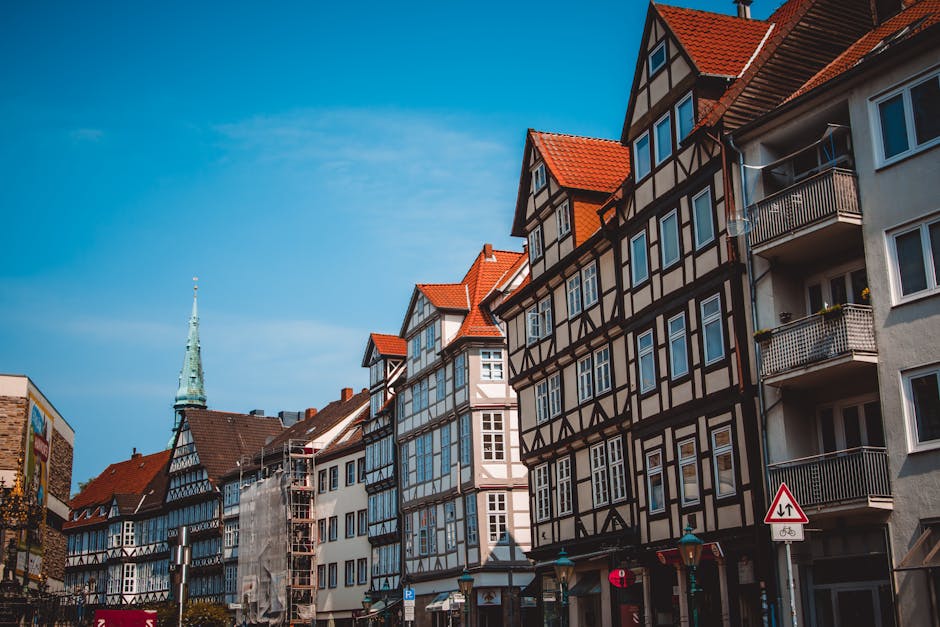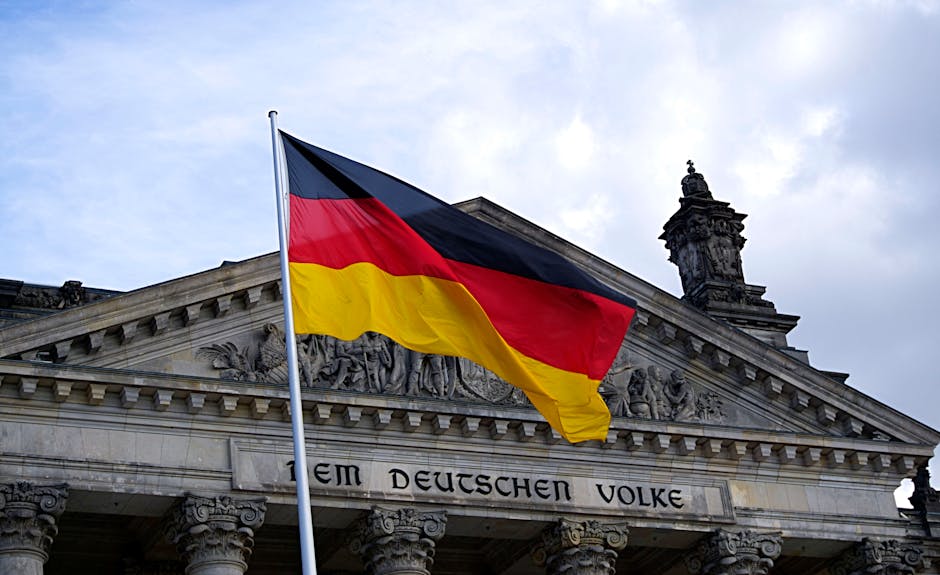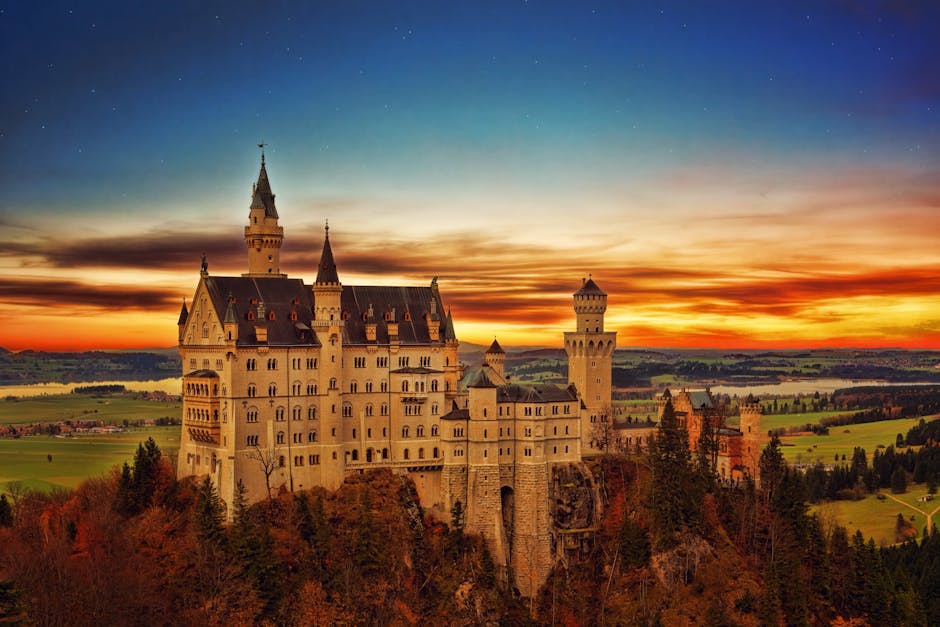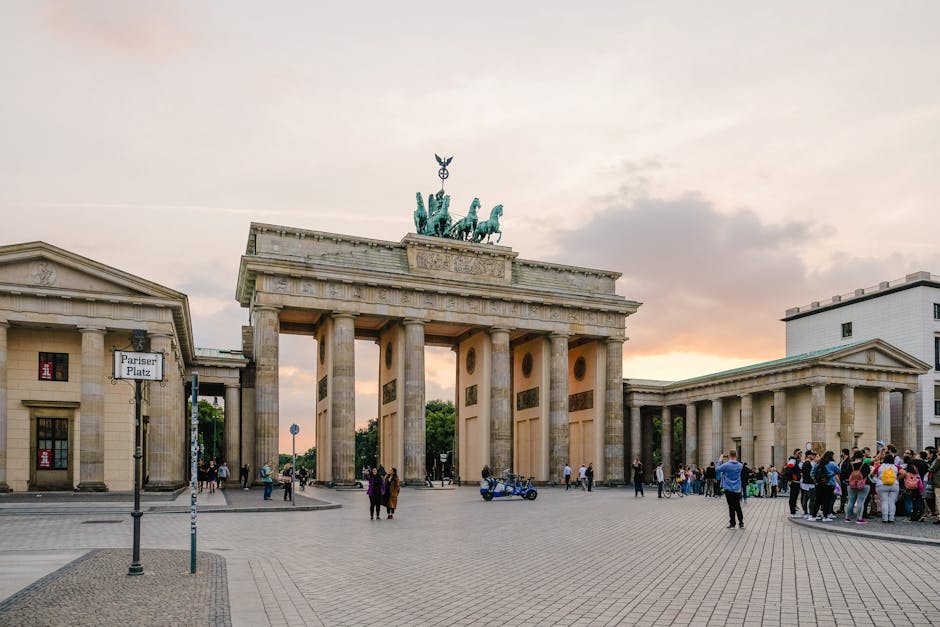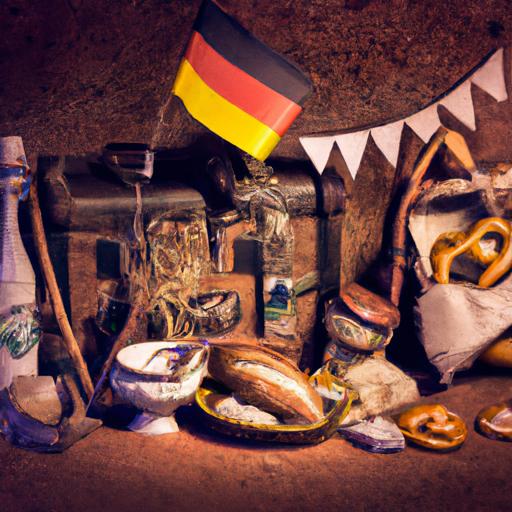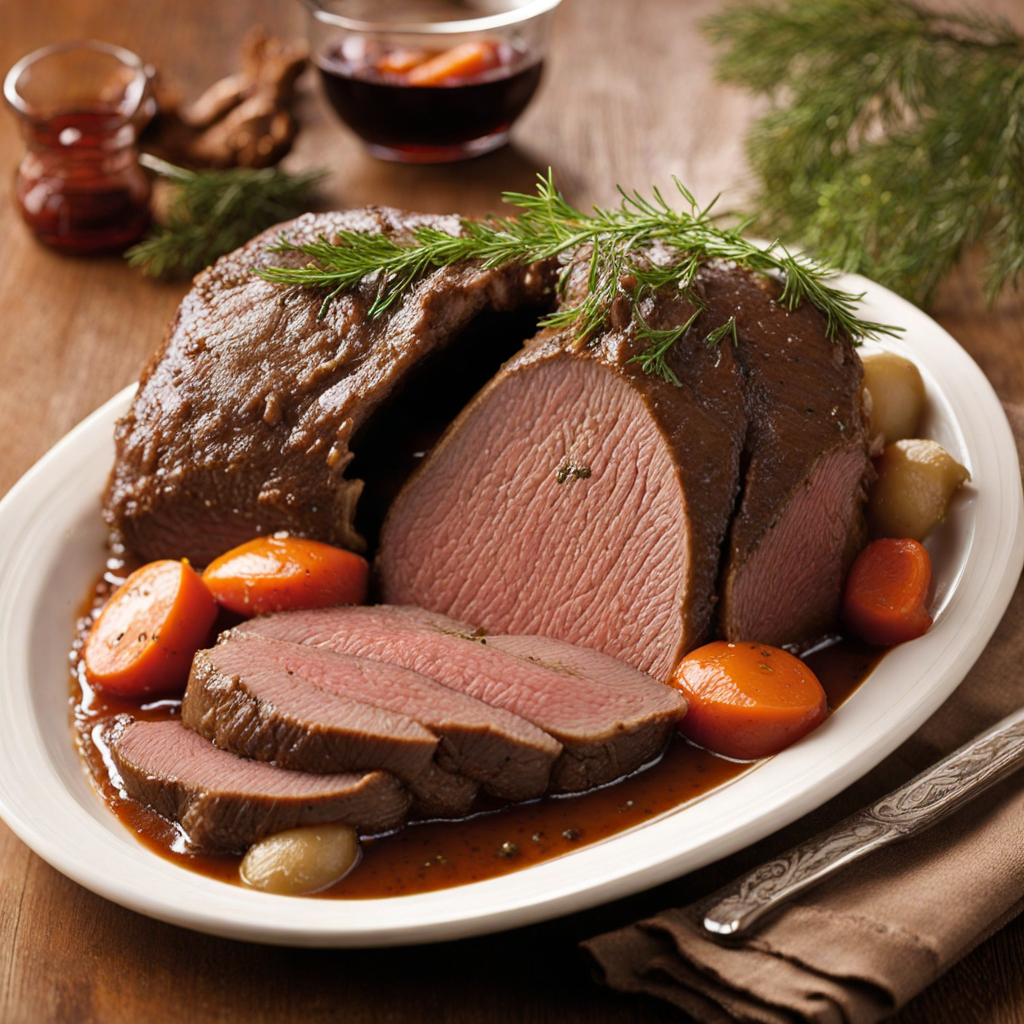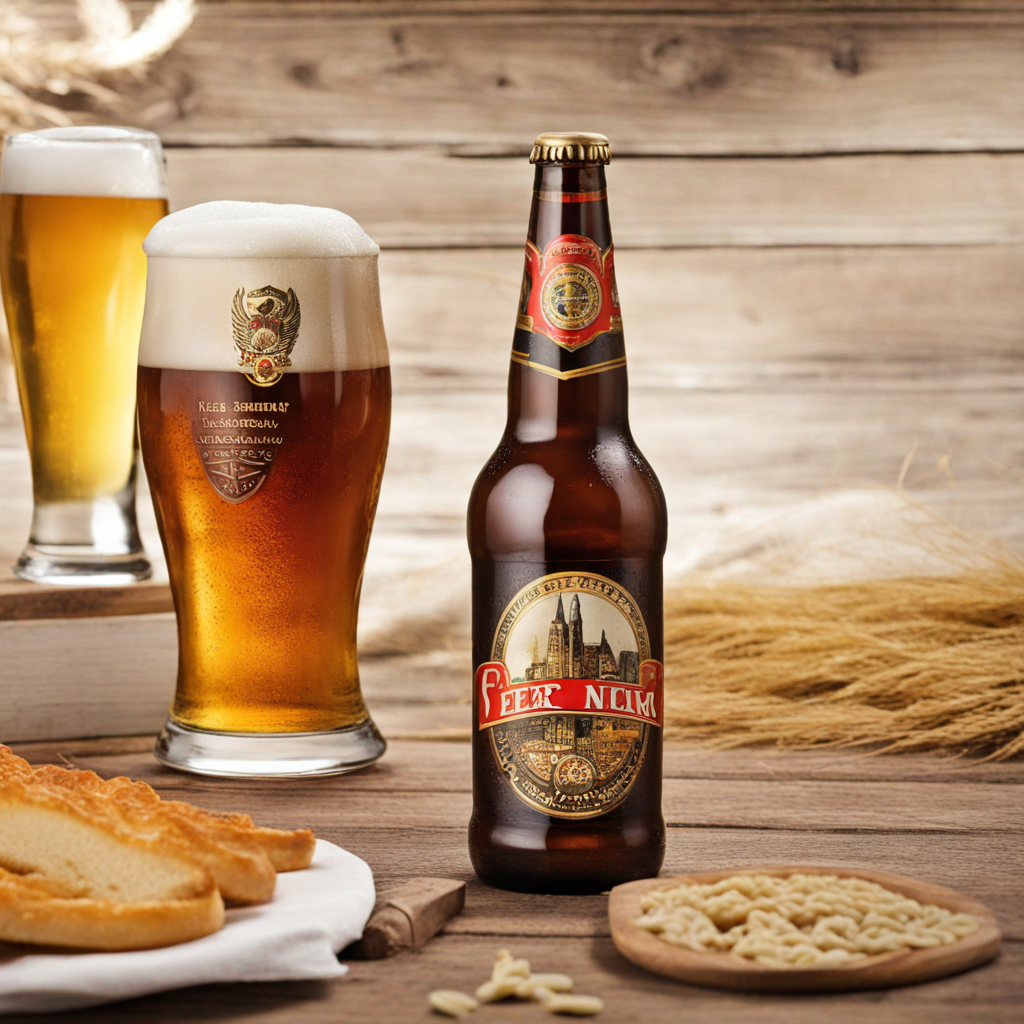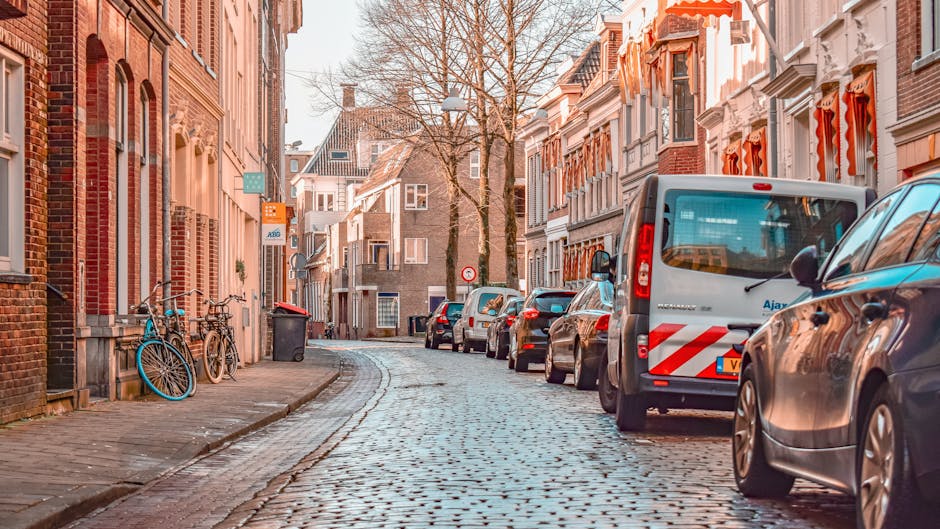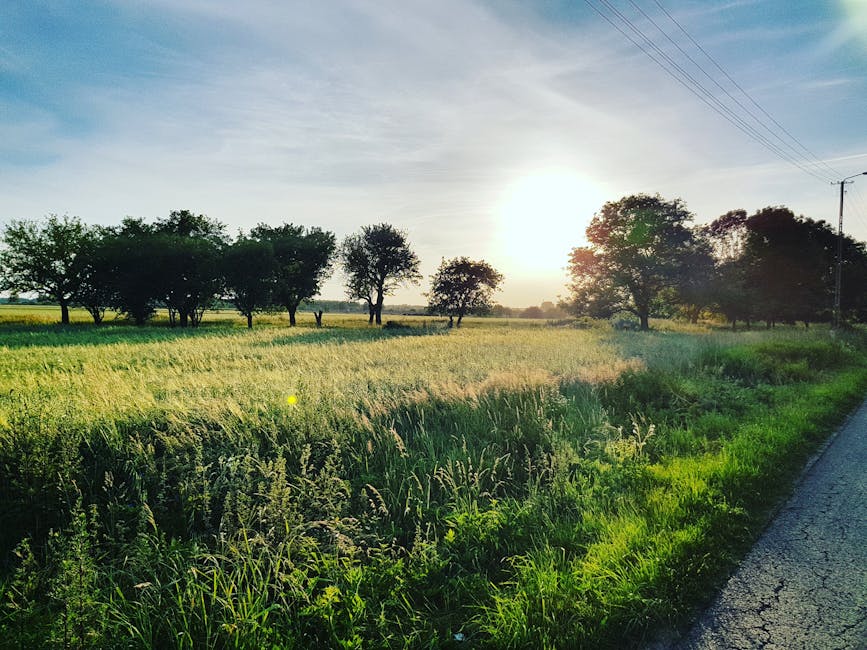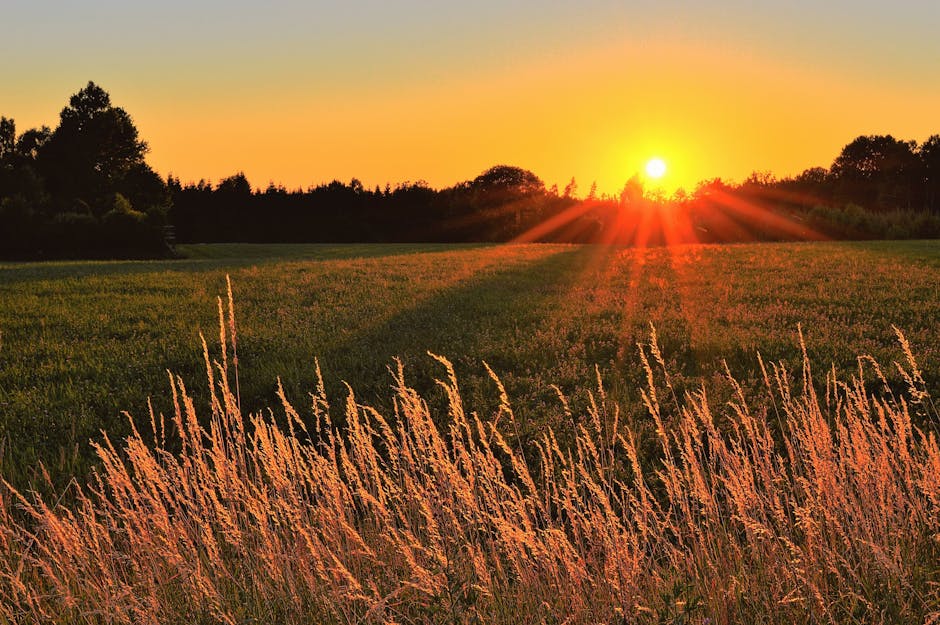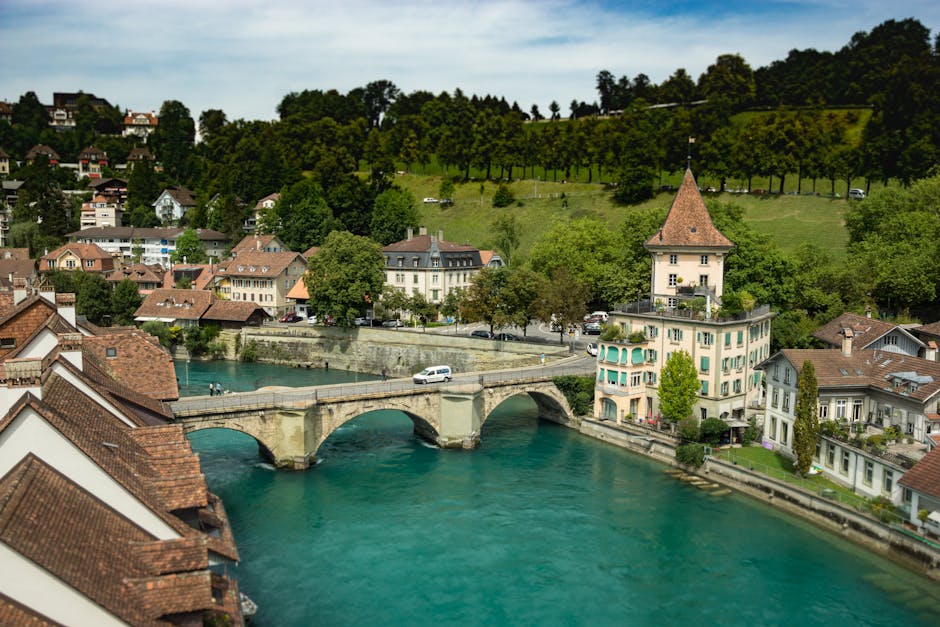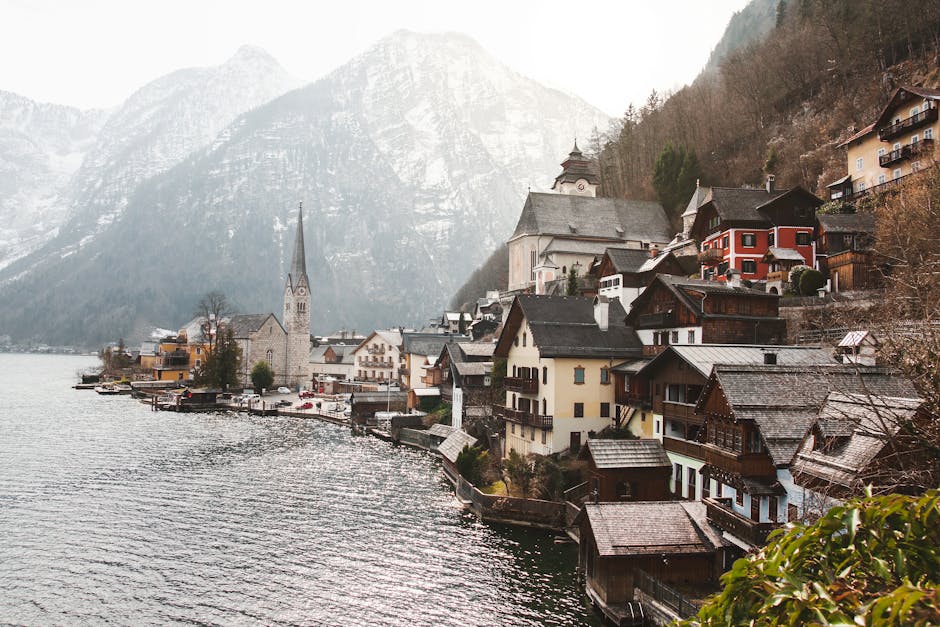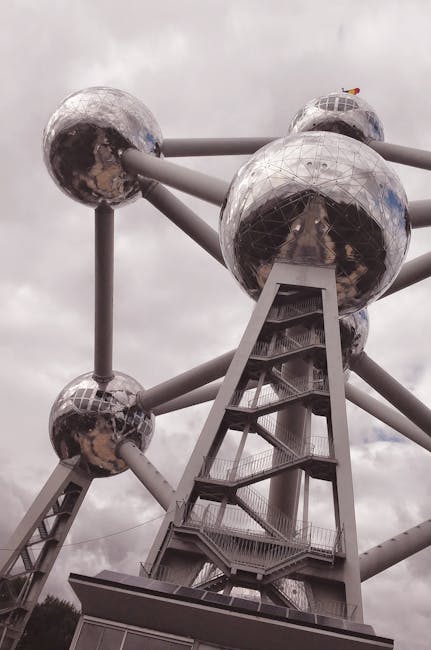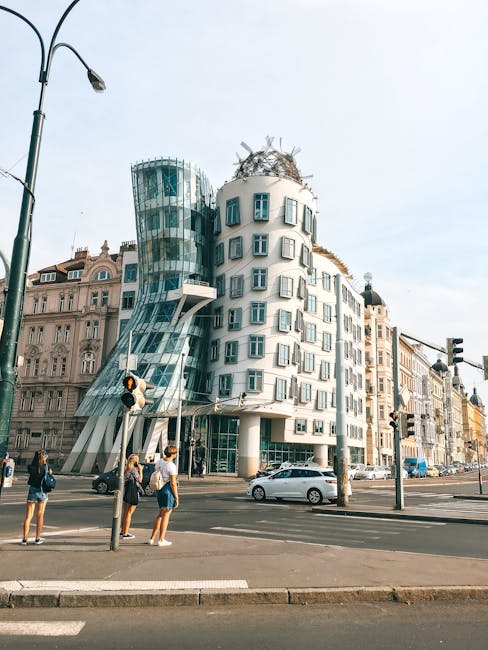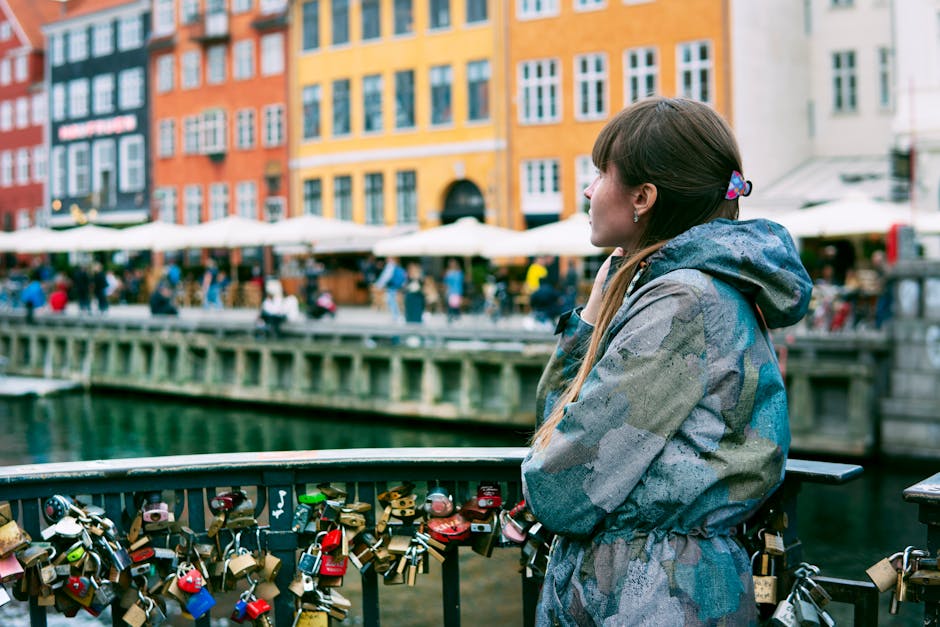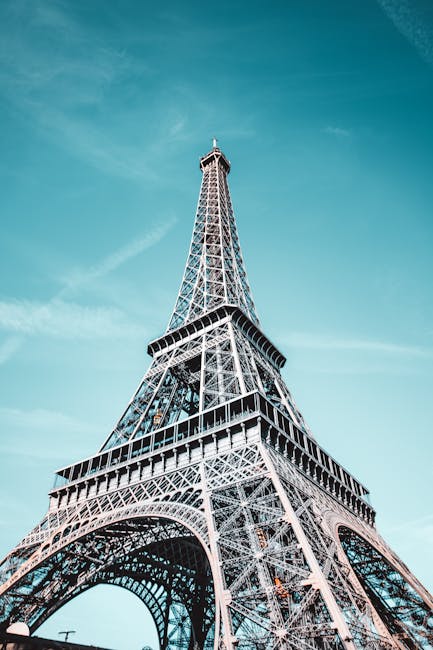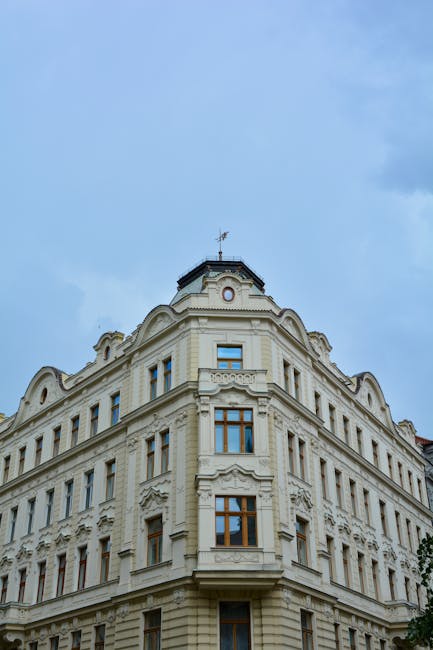Germany
Overview
Germany: A Cultural and Historical Gem
Germany, located in the heart of Europe, is a country rich in history, culture, and natural beauty. Known for its architectural marvels, vibrant cities, and picturesque landscapes, Germany effortlessly weaves the old and the new, offering an experience that is truly unique. German culture is deeply rooted in its past, with a profound impact on its literature, music, arts, and cuisine. The country's uniqueness lies in its diversity - from the romantic Rhine Valley and the Black Forest's wilderness to the bustling metropolises like Berlin and Munich. Germany is also home to numerous UNESCO World Heritage Sites and hosts some of the world's biggest festivals, such as Oktoberfest and the Berlin Film Festival.
Germany is a year-round destination, but the high season for tourism is during the summer months, from June to August. The weather during this time is pleasantly warm, with temperatures ranging from 20 to 30 degrees Celsius. This period is perfect for outdoor activities such as hiking, cycling, and sightseeing. It's also the time when Germany's beer gardens are in full swing, and popular cultural events like the Bach Festival in Leipzig and the Richard Wagner Festival in Bayreuth take place. The Christmas season in December is another high season, where visitors can experience the world-famous German Christmas markets.
Before visiting Germany, travelers need to check the visa requirements. Citizens from some countries can visit Germany for up to 90 days without a visa, while others need to apply for a Schengen visa. It's also important to consider travel insurance that covers health, as medical treatment can be expensive in Germany. The country's official language is German, so learning a few basic phrases can be helpful, though English is widely spoken in most places. Germany uses the Euro (€) as its currency, and while credit cards are commonly accepted, it's useful to carry some cash for smaller establishments. Lastly, Germany has a different type of power socket (Type F), so a universal power adapter might be required.
A Glimpse into the Past
Germany's history is a tapestry woven with rich cultural, political, and social threads that have shaped not only the nation itself but also Europe and the world. This journey through time reveals a land of contrasts, unity, and a quest for identity, making it a fascinating destination for travelers.
In the early days, the region now known as Germany was inhabited by various Germanic tribes. The Roman Empire made attempts to subdue these tribes, most famously at the Battle of the Teutoburg Forest in 9 AD, where an alliance of Germanic warriors led by Arminius defeated Roman legions. This battle marked a significant turning point, establishing a clear distinction between the Roman world and the Germanic territories.
As the centuries progressed, the area became fragmented into numerous duchies and principalities. By the 9th century, the Holy Roman Empire emerged under the rule of Charlemagne, uniting much of Central Europe. This entity would last for over a millennium, characterized by a loose federation of territories that often struggled with internal conflicts. Travelers can explore remnants of this era in places like the Imperial Palace of Goslar and the Cathedral of Aachen, both UNESCO World Heritage Sites.
The late Middle Ages heralded the rise of powerful city-states and the Hanseatic League, a commercial alliance that fostered trade across Northern Europe. Cities such as Lübeck and Bremen flourished during this time, their medieval architecture still visible today. The significance of trade and commerce laid the foundation for Germany's future economic prowess.
The Protestant Reformation in the 16th century, led by Martin Luther, marked a pivotal moment in German history. Luther's 95 Theses, posted in 1517, challenged the practices of the Catholic Church and sparked a wave of religious upheaval. This movement not only transformed the religious landscape but also had profound social and political implications. Visitors can explore Luther's home in Wittenberg and the historic sites related to his life and work.
The subsequent conflicts, particularly the Thirty Years' War (1618-1648), devastated much of Germany, leading to severe depopulation and economic decline. The Peace of Westphalia ended the war, establishing a precedent for state sovereignty and the modern nation-state system. Travelers can delve into this tumultuous period by visiting battle sites and memorials, such as the St. Michael's Church in Hamburg, which survived the devastation.
The 19th century was marked by a surge of nationalism and the quest for unification. The German Confederation formed after the Congress of Vienna in 1815, but it was not until the leadership of Otto von Bismarck that Germany was unified in 1871 as the German Empire. This period saw rapid industrialization and urbanization, with cities like Berlin and Munich becoming centers of culture and innovation. The Berlin Wall, which divided the city from 1961 to 1989, stands as a powerful symbol of the division that characterized much of 20th-century Germany.
The early 20th century was a time of turmoil. Germany's defeat in World War I led to the abdication of the Kaiser and the establishment of the Weimar Republic. This fragile democracy faced numerous challenges, including hyperinflation and political extremism, ultimately paving the way for the rise of the Nazi Party led by Adolf Hitler. The horrors of World War II and the Holocaust are stark reminders of the depths of human cruelty. Travelers can visit the Memorial to the Murdered Jews of Europe in Berlin and the Dachau Concentration Camp Memorial Site to reflect on this dark chapter of history.
Post-World War II, Germany was divided into East and West, each embodying contrasting ideologies: the capitalist West and the communist East. The Berlin Wall became a physical and symbolic barrier, representing the Cold War's ideological divide. The reunification of Germany in 1990 symbolizes a new chapter, with Berlin reclaiming its status as the nation's capital.
Today, Germany stands as a beacon of democracy and economic strength in Europe. The European Union plays a significant role in its political landscape, promoting unity and cooperation among member states. Cities like Frankfurt, a financial hub, and Cologne, with its stunning cathedral, showcase the blend of historical and modern influences that define contemporary Germany.
Culturally, Germany is rich and diverse. The country is known for its contributions to philosophy, literature, and the arts. Travelers can explore the works of luminaries like Johann Wolfgang von Goethe in Weimar and experience the vibrant arts scene in cities such as Düsseldorf and Munich. The annual Oktoberfest in Munich, one of the world's largest beer festivals, attracts millions and celebrates German culture.
Nature lovers can take advantage of Germany's beautiful landscapes, from the Black Forest to the Bavarian Alps. The Romantic Road, a scenic route through medieval towns and castles, offers a glimpse into the country’s fairy-tale charm. The picturesque Neuschwanstein Castle, often called the inspiration for Disney's Sleeping Beauty Castle, is a must-visit for its enchanting architecture and breathtaking views.
Germany's commitment to sustainability and innovation is evident in its push towards renewable energy and green technology. The cities are increasingly bike-friendly, and the emphasis on public transport makes it easy for travelers to explore without a car. The Rhine Valley, dotted with vineyards and charming villages, offers both scenic beauty and a taste of Germany's renowned wine culture.
In summary, Germany’s history, marked by periods of conflict, resilience, and cultural flourishing, offers a rich narrative that captivates travelers. From the ancient ruins of Roman times to the bustling streets of modern Berlin, and from the somber memorials of the past to the vibrant festivals of today, Germany is a country that invites exploration and reflection. Each city, town, and landscape tells a story, making it a destination that resonates deeply with those who visit.
Top cities for tourists in Germany
Discover the Famous Cities That Might Captivate Your Interests
Must-Try Foods You Can't Afford to Miss
Indulge in a Variety of Fantastic Foods During Your Stay in Germany
May Be Your Next Destinations
People often choose these countries as their next destination


